IMCI PRIMER
UC Nursing C ESDEV is posting a primer on IMCI for the benefit of 3rd year nursing students whose lesson focuses on this important topic. The slideshow that followed is a lobor of love of Mrs. Jocelyn Lim for the student nurses who may benefit from this.
Integrated Management of Childhood Illness (IMCI) is a strategy formulated by the World Health Organization (WHO) and the United Nations Children's Fund (UNICEF), presented in 1996 as the principal strategy to improve child health. It focuses on the care of children under five, not only in terms of their overall health status but also on the diseases that may occasionally affect them. Thus, it reduces missed opportunities for early detection and treatment of diseases that can escape the notice of both parents and health workers, with the consequent risk of the illness becoming worse and complications arising. In addition, IMCI incorporates a strong component of prevention and health promotion as an integral part of care. Thus, among other benefits, it helps increase vaccination coverage and improve knowledge and home-care practices for children under five, subsequently contributing to growth and healthy development.
IMCI implementation involves the participation of the community, the health-service sector and the family. This is carried out in three ways:
Improving the performance of health workers for in the prevention and treatment of childhood diseases.
Improving the organization and operation of health services so they provide quality care.
Improving family and community care practices.
IMCI is a strategy that integrates all available measures for disease prevention and health problems during childhood, for their early detection and effective treatment, and for promoting healthy habits within the family and community.
IMCI can be applied by both health workers and other people responsible for the care of boys and girls under five years of age, i.e. their parents and those who care for them.
IMCI offers the knowledge and abilities to sequentially evaluate and integrate the status of child health and, in this way, detect the diseases or problems frequently affecting it according to the epidemiological patterns of the respective location. Based on this evaluation, IMCI gives clear instructions on disease classification and problems, establishing the treatment that should be administered for each one. The strategy also provides instructions on how to control the progress of treatment, in order to identify the need for applying prevention measures as well as how to inform and educate parents on disease prevention and child health promotion.
On this basis, IMCI is currently regarded as the most efficient strategy for reducing the burden of disease and disability among the population in this age group. It main goal is to contribute to healthy growth and development during the first five years of life.
IMCI implementation involves the participation of the community, the health-service sector and the family. This is carried out in three ways:
Improving the performance of health workers for in the prevention and treatment of childhood diseases.
Improving the organization and operation of health services so they provide quality care.
Improving family and community care practices.
IMCI is a strategy that integrates all available measures for disease prevention and health problems during childhood, for their early detection and effective treatment, and for promoting healthy habits within the family and community.
IMCI can be applied by both health workers and other people responsible for the care of boys and girls under five years of age, i.e. their parents and those who care for them.
IMCI offers the knowledge and abilities to sequentially evaluate and integrate the status of child health and, in this way, detect the diseases or problems frequently affecting it according to the epidemiological patterns of the respective location. Based on this evaluation, IMCI gives clear instructions on disease classification and problems, establishing the treatment that should be administered for each one. The strategy also provides instructions on how to control the progress of treatment, in order to identify the need for applying prevention measures as well as how to inform and educate parents on disease prevention and child health promotion.
On this basis, IMCI is currently regarded as the most efficient strategy for reducing the burden of disease and disability among the population in this age group. It main goal is to contribute to healthy growth and development during the first five years of life.































































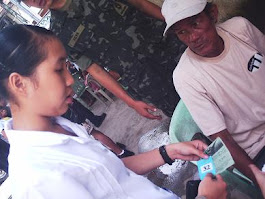




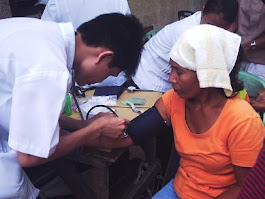
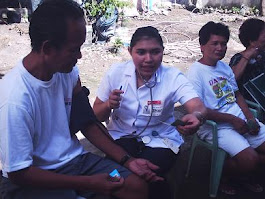


































































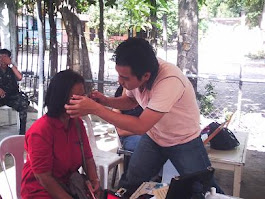











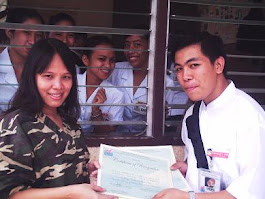



























































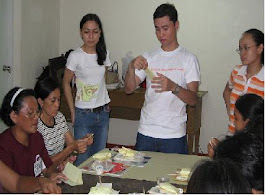





































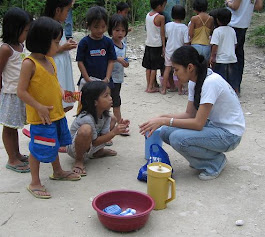





































No comments:
Post a Comment